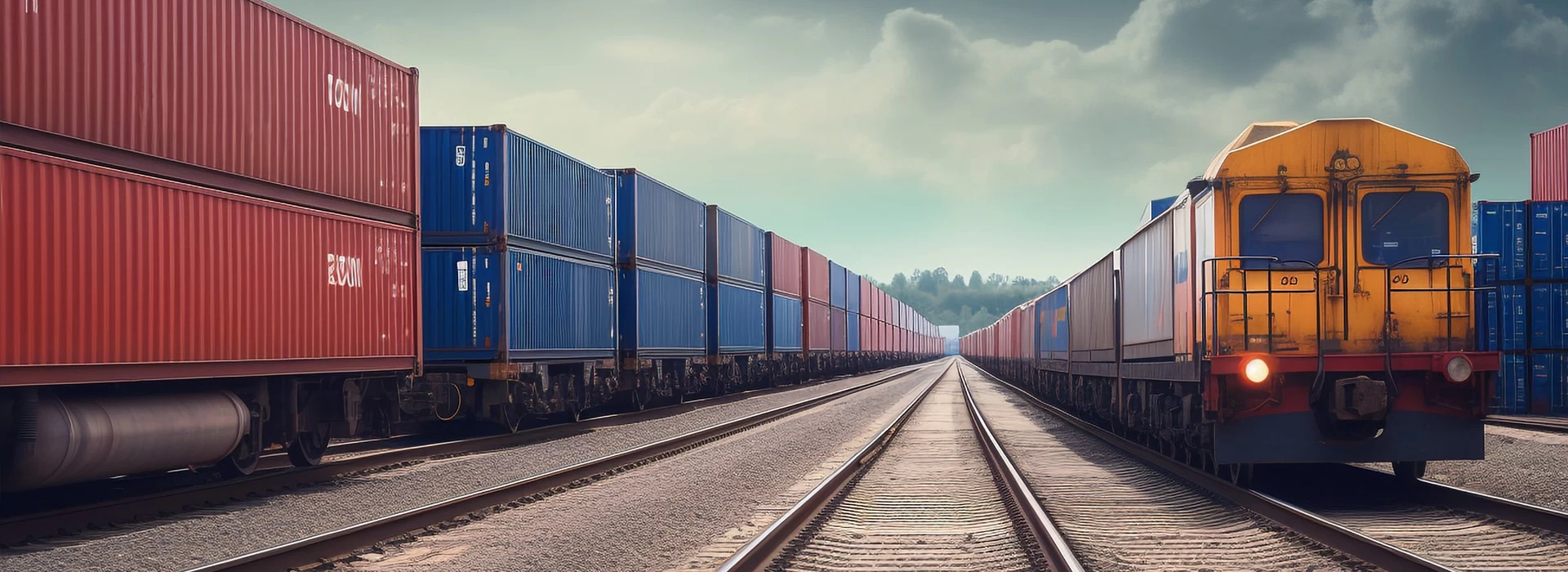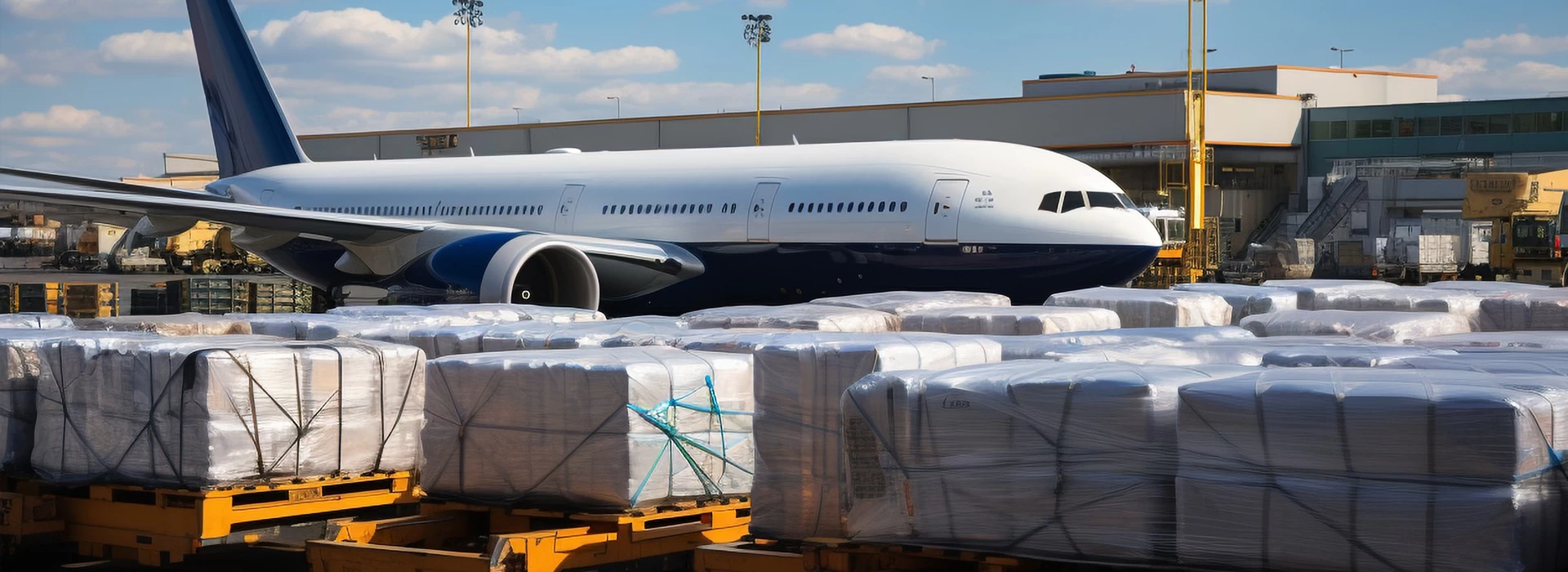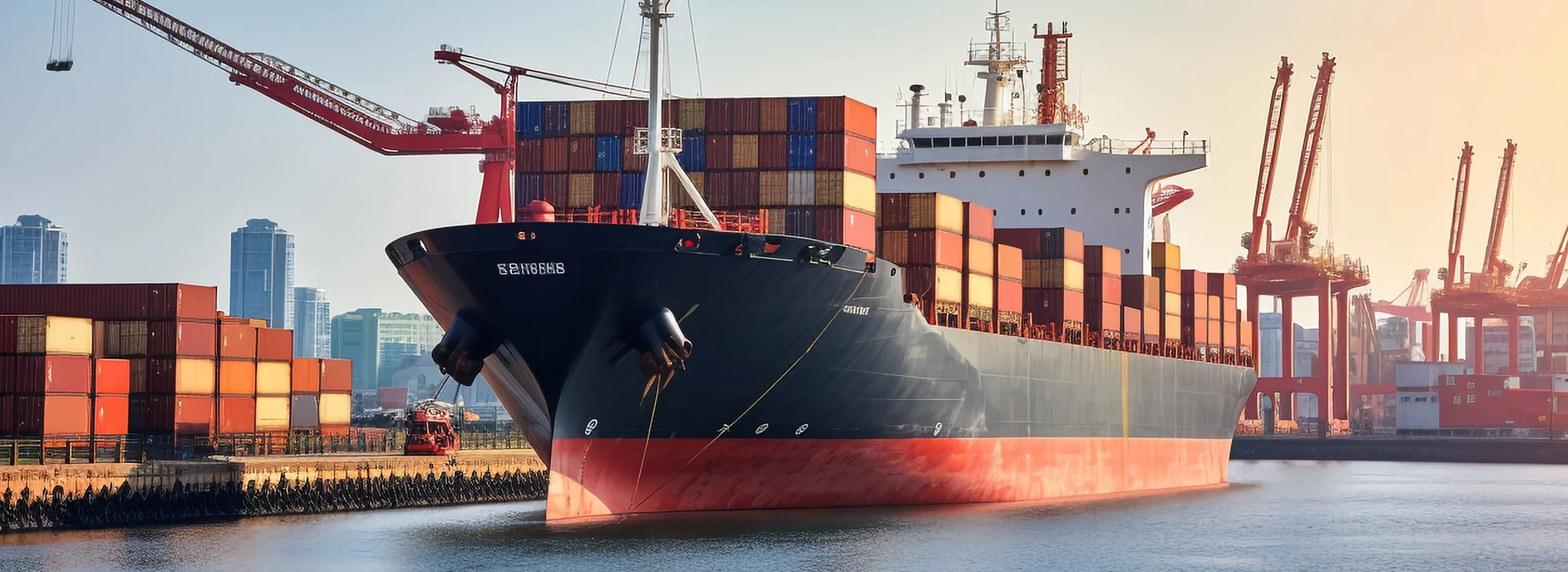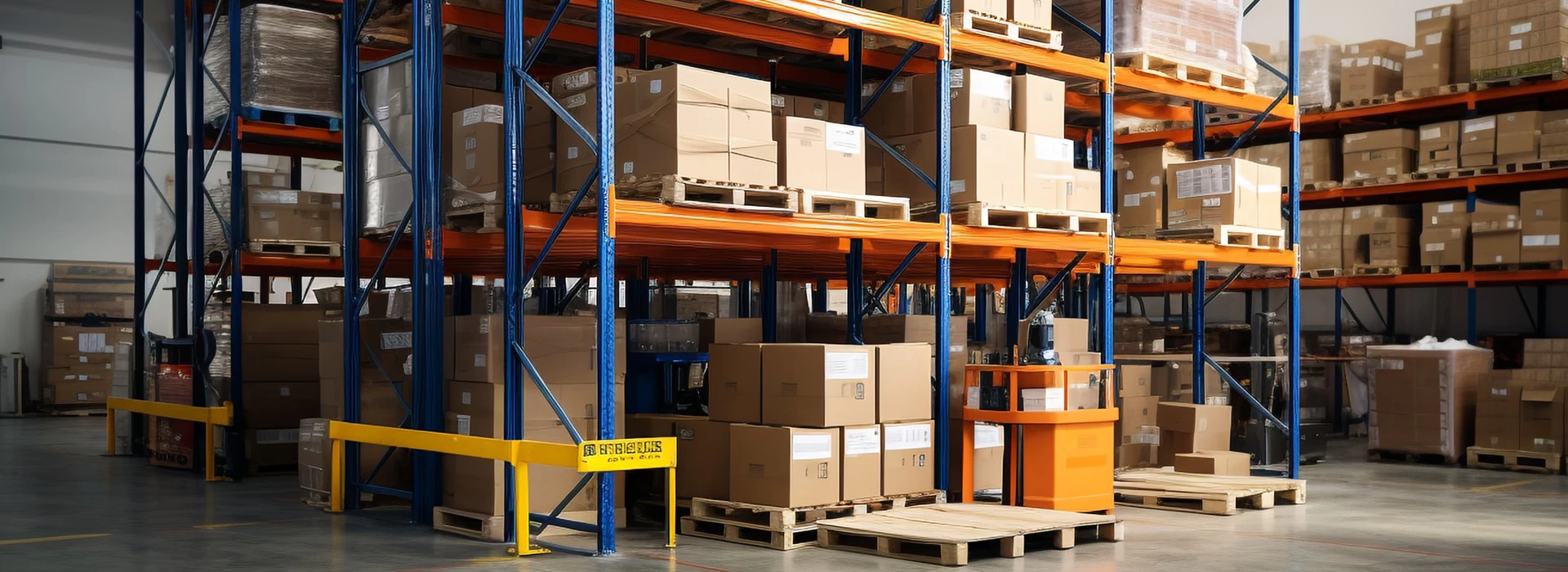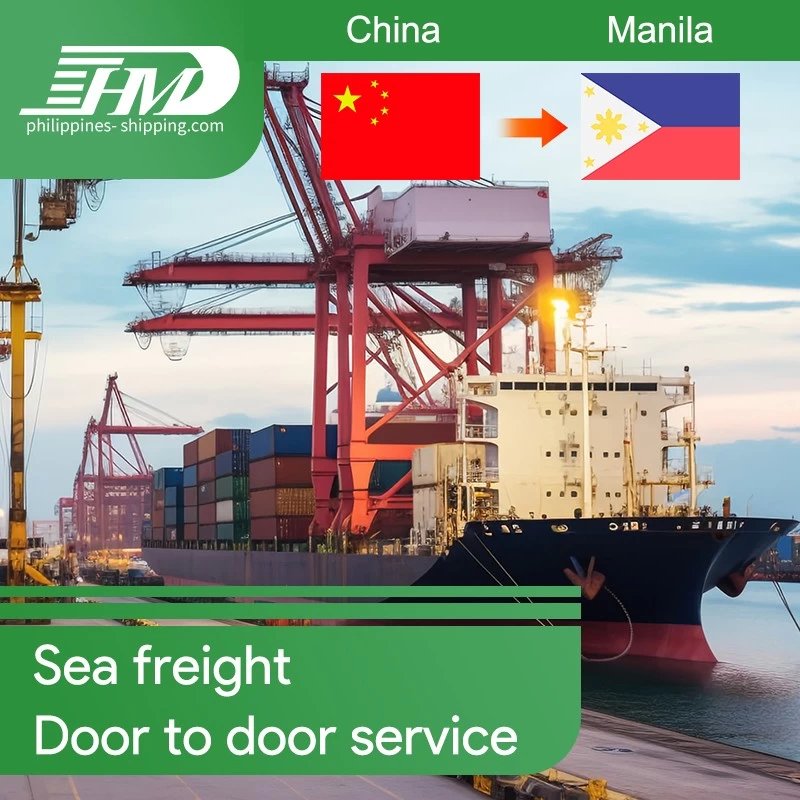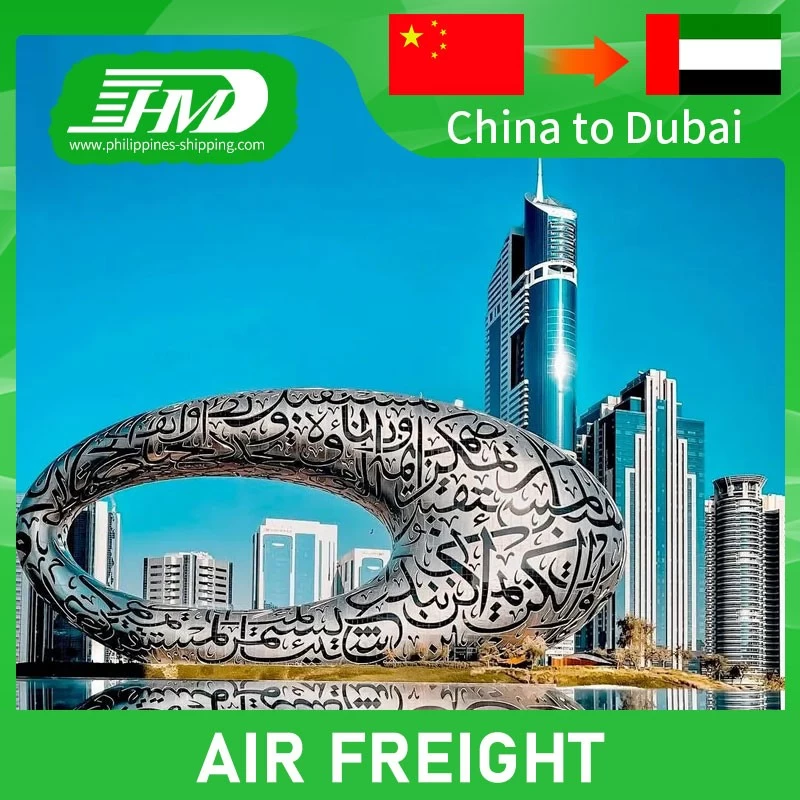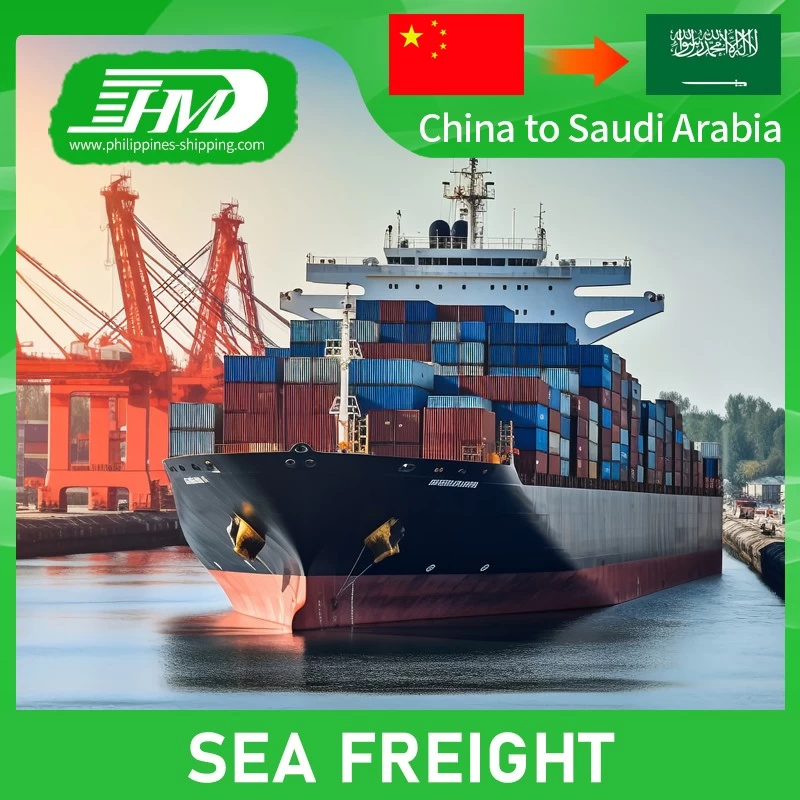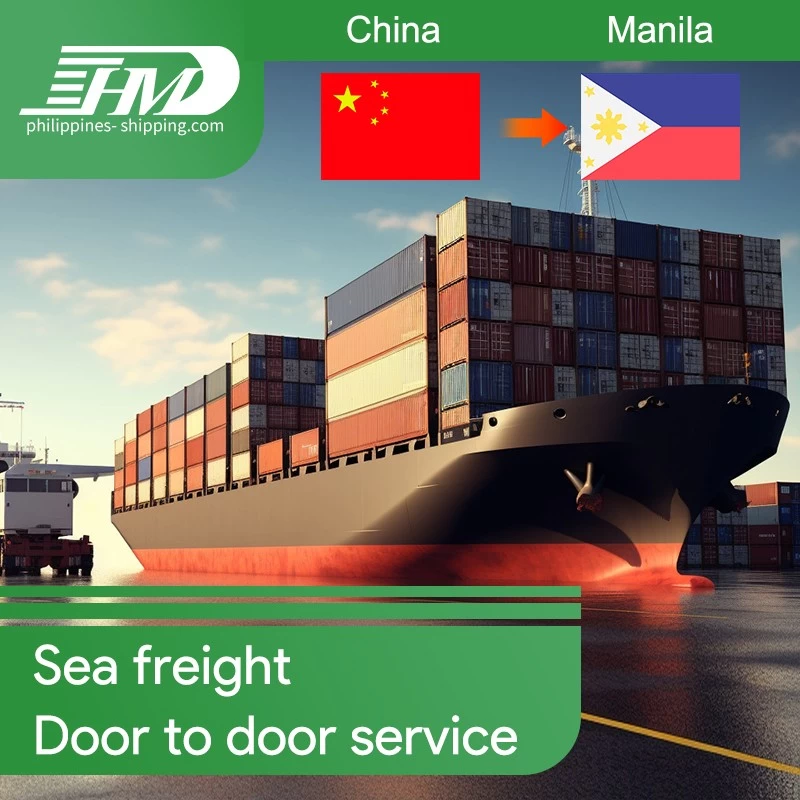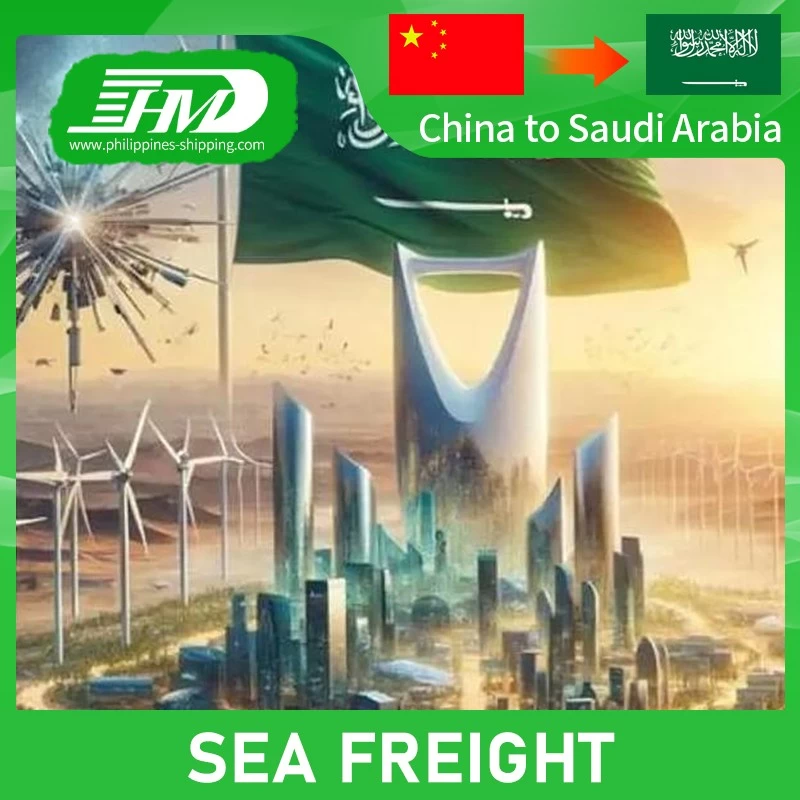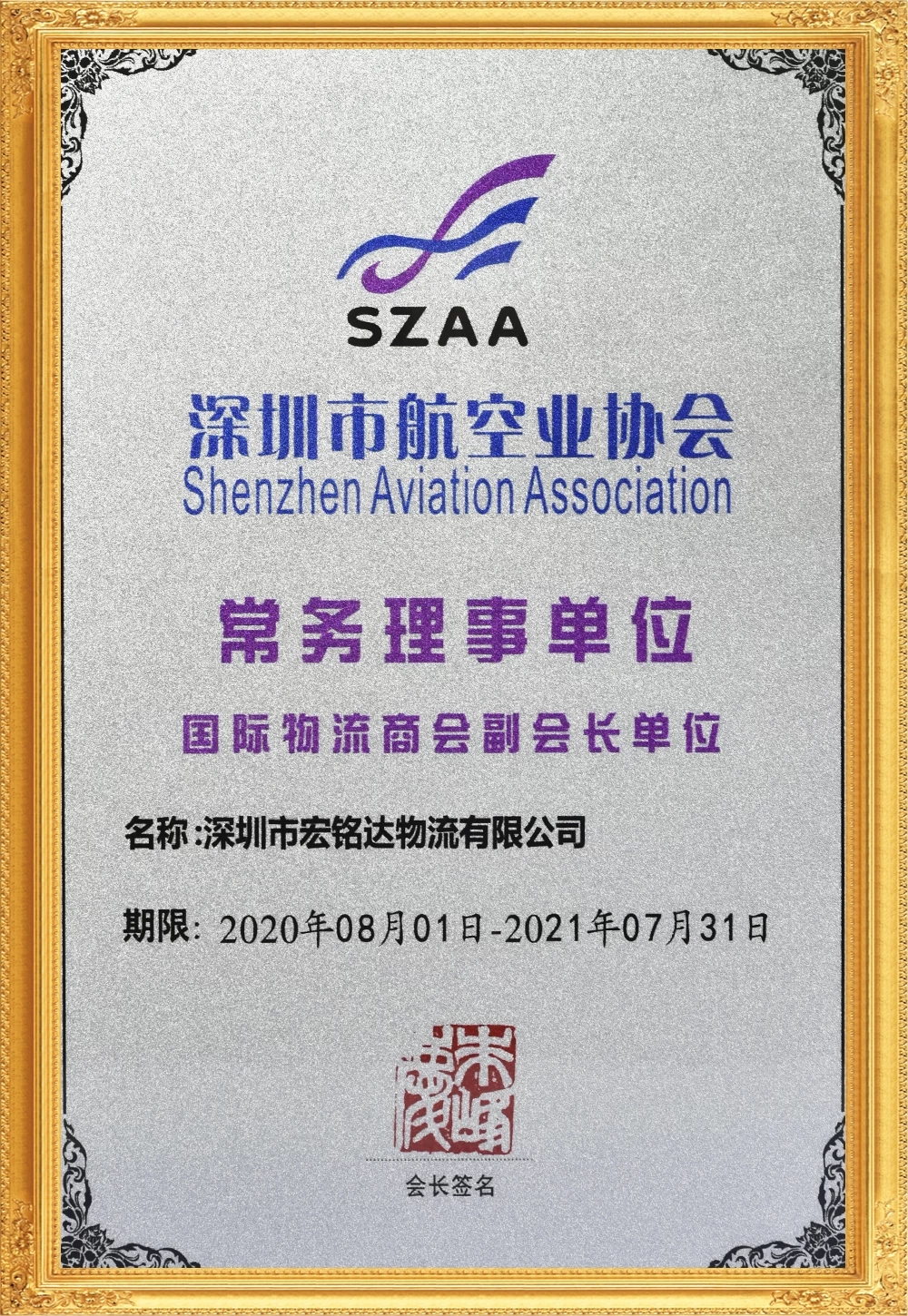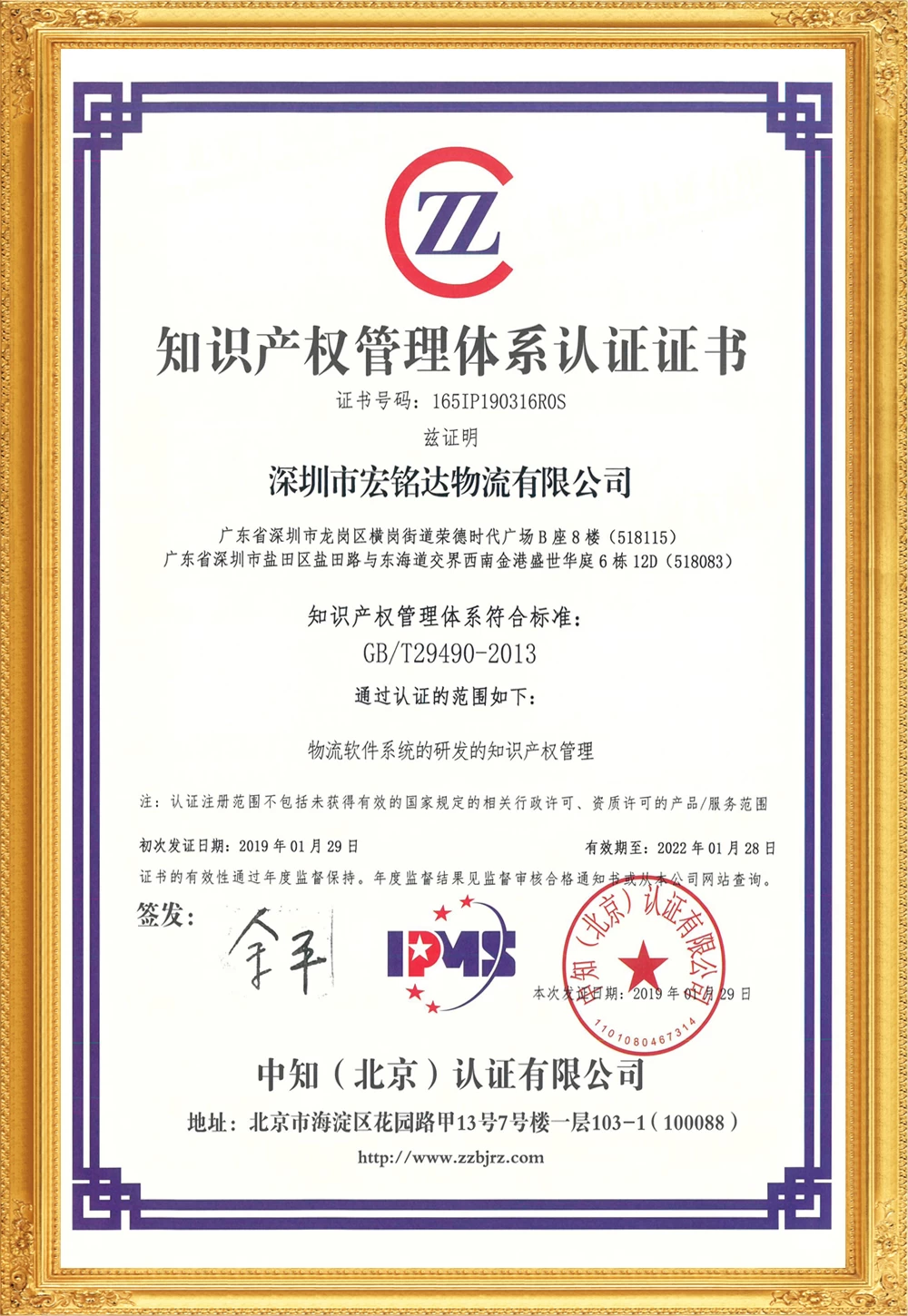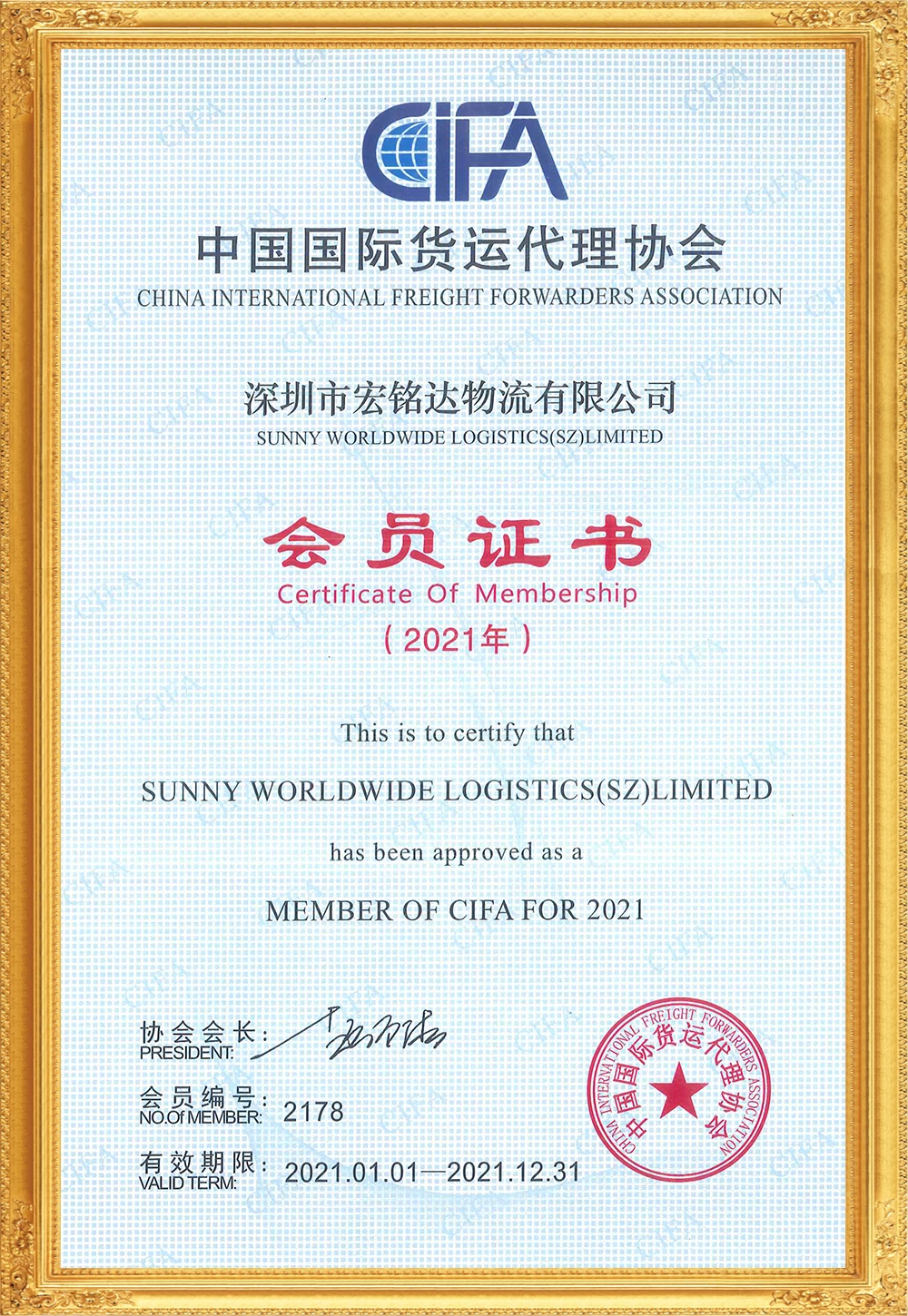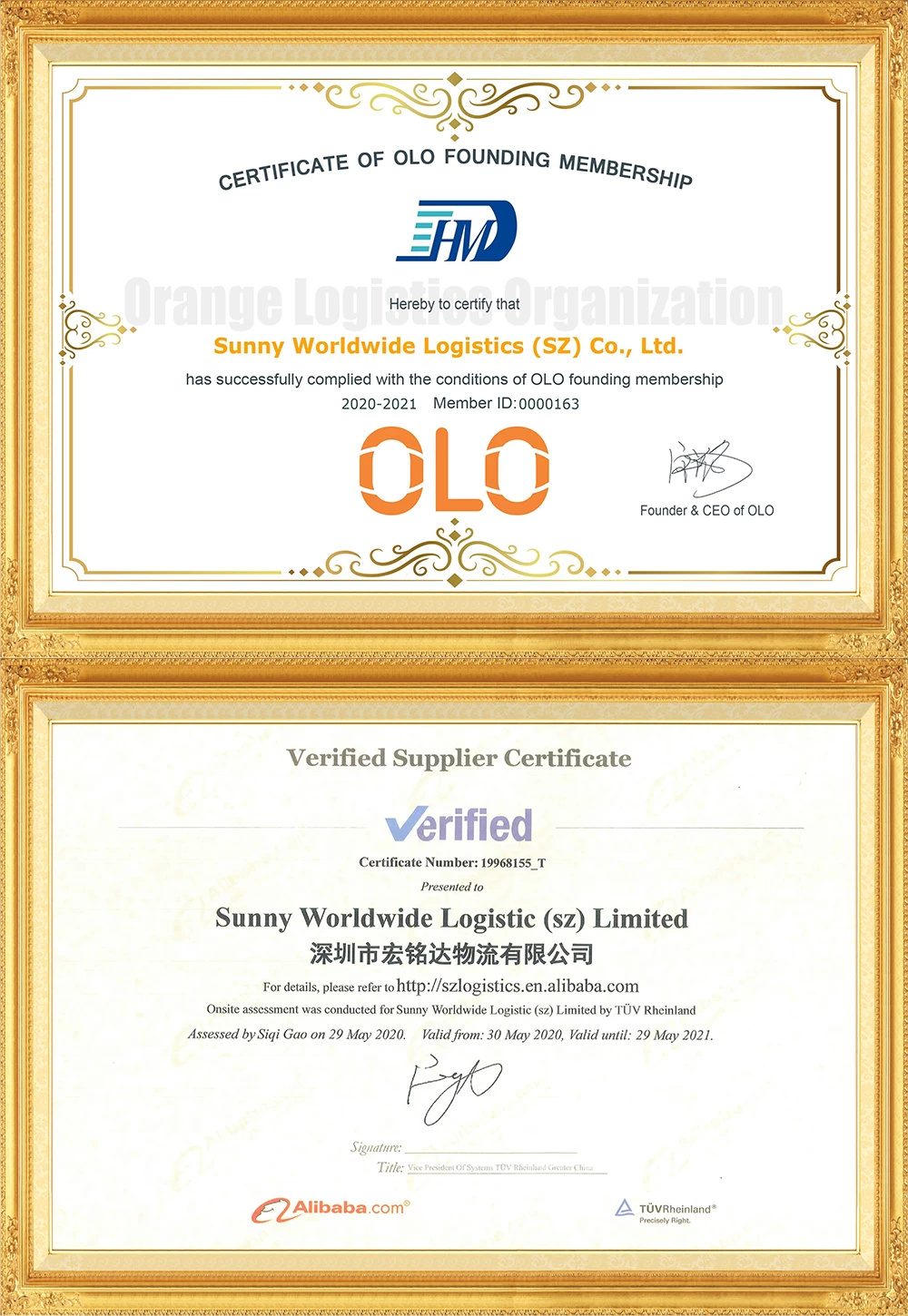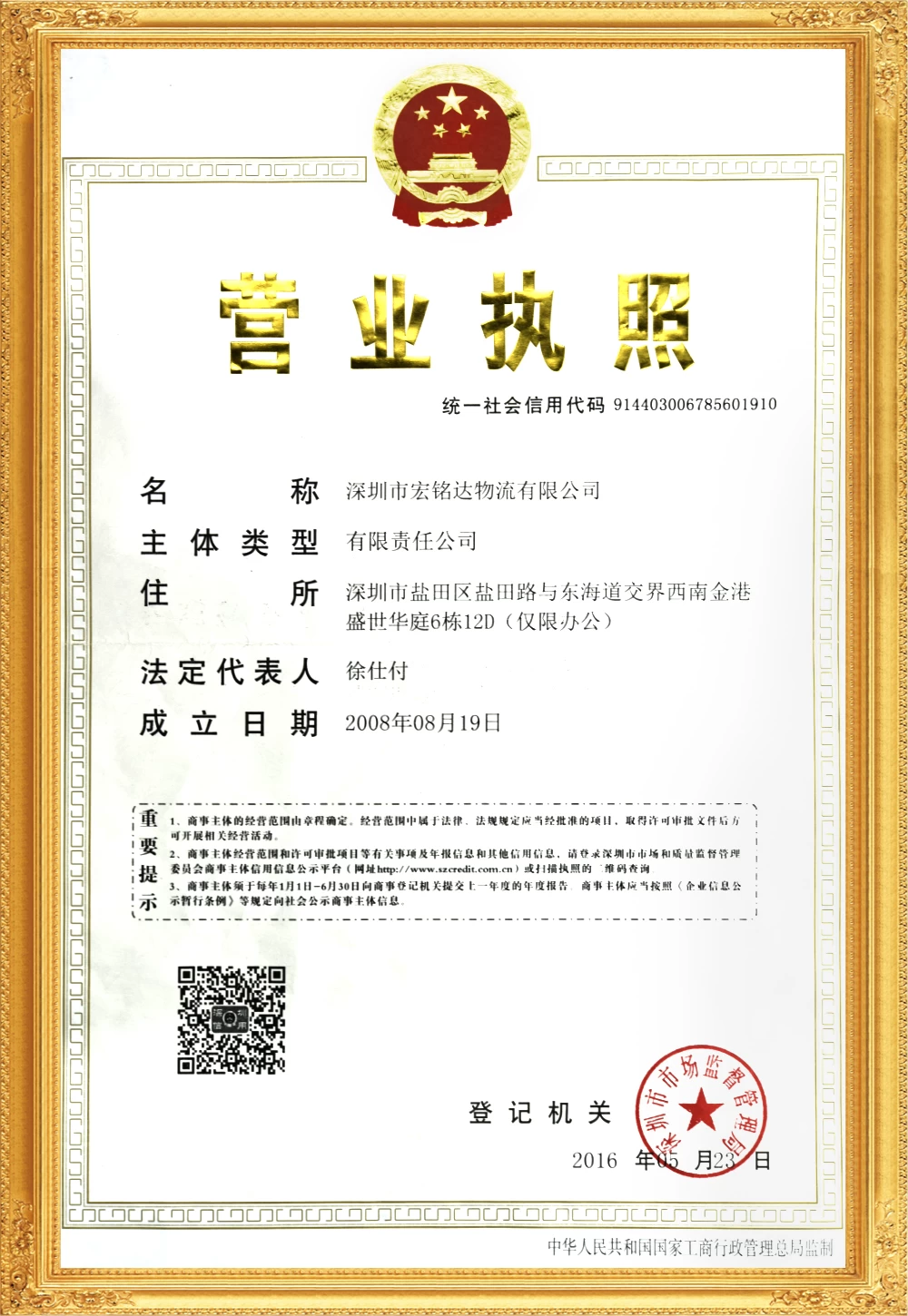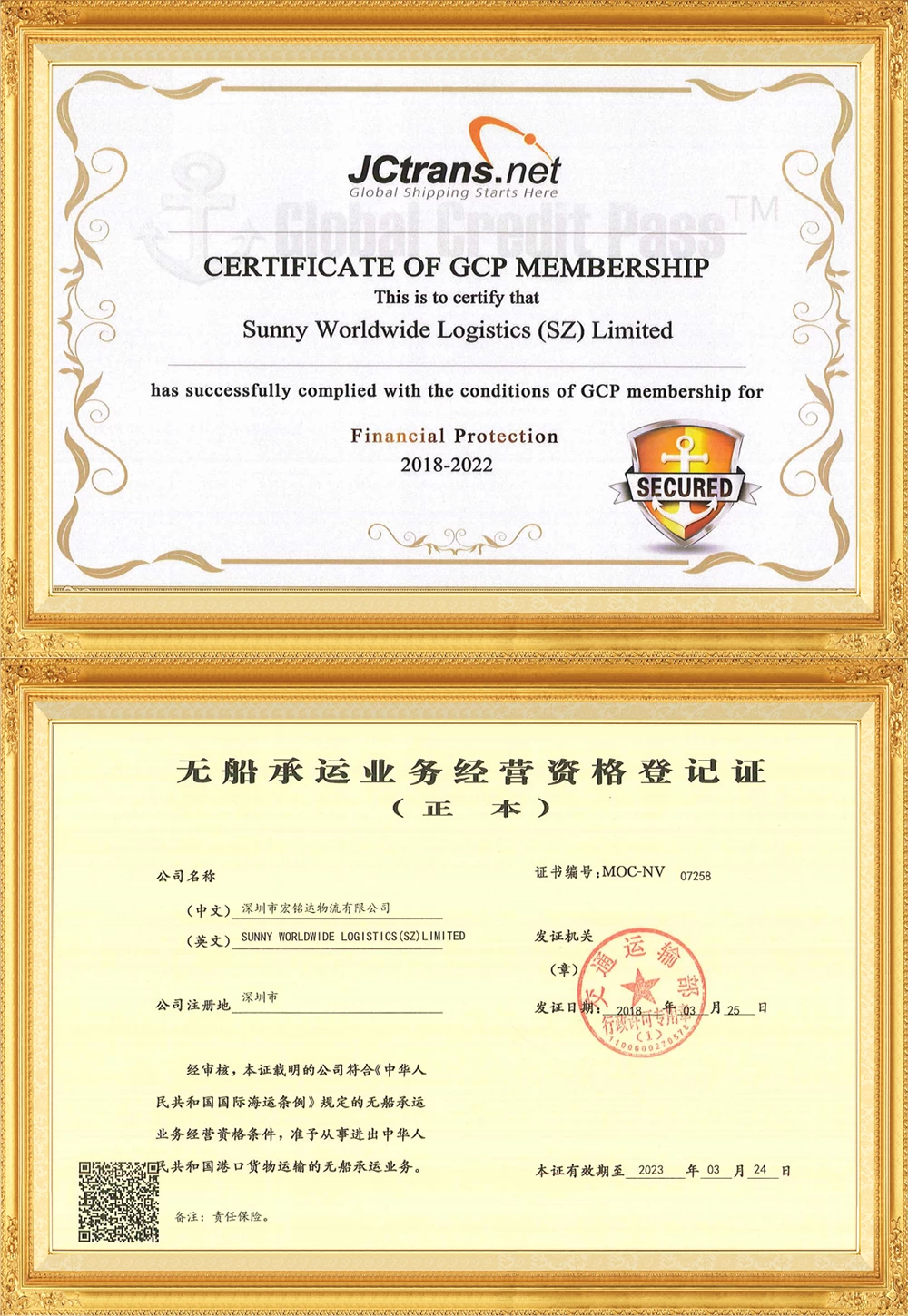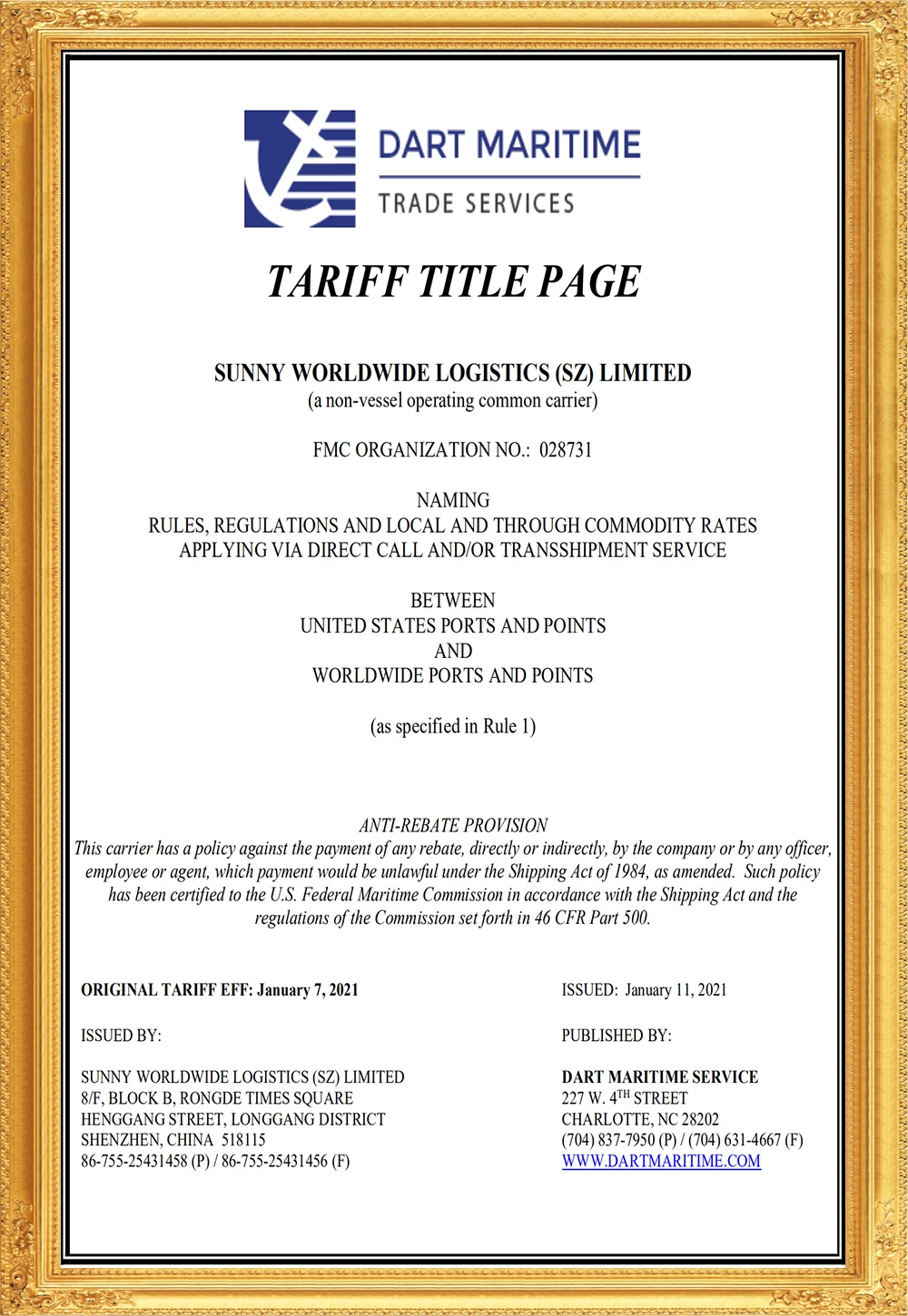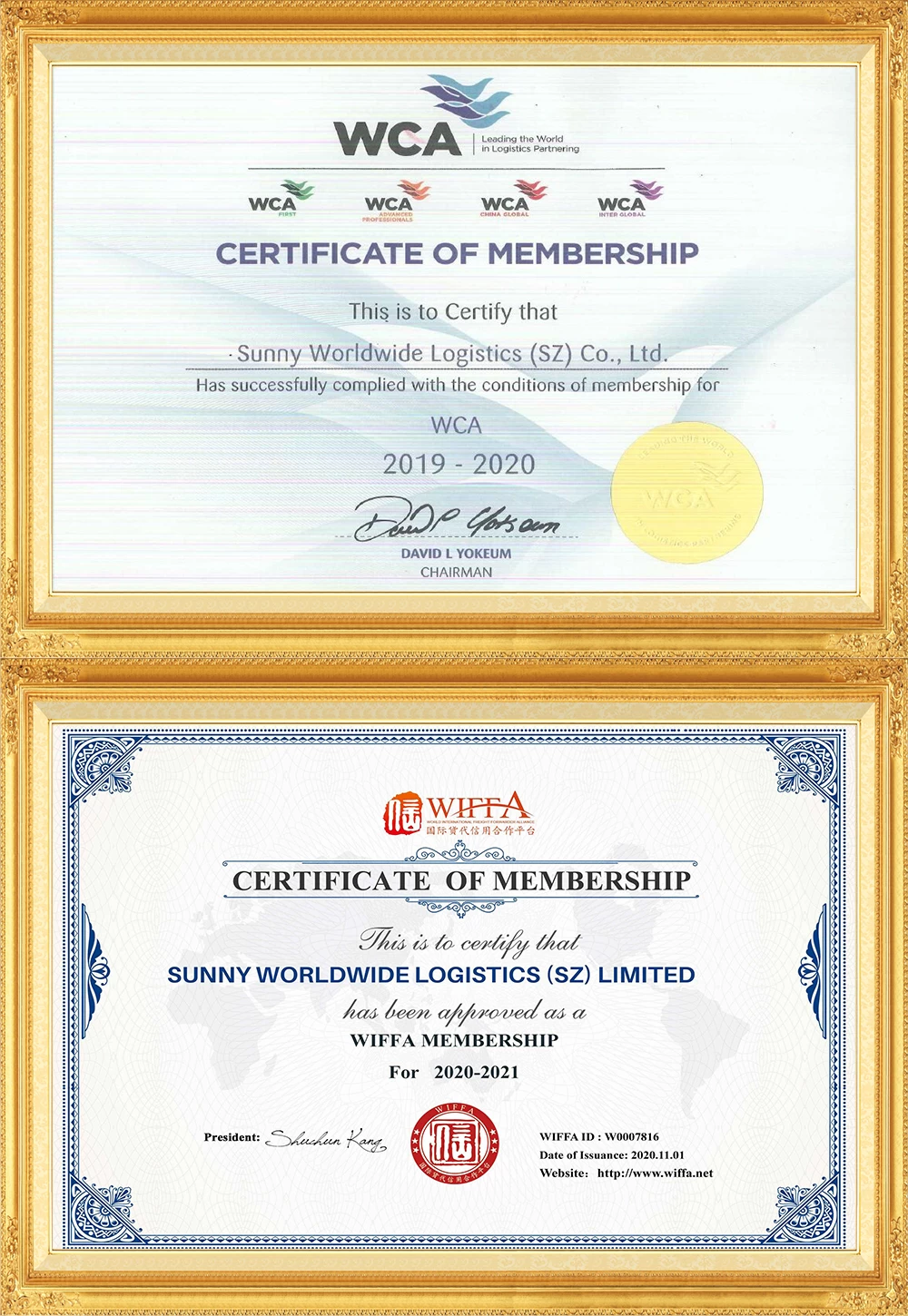The trams cannot be sold, so they are all piled up in European ports?
Car dealers and Chinese electric car manufacturers are already experiencing bottlenecks at many major European ports as they stockpile more cars than they can handle, the Financial Times reported. Some Chinese electric cars have been stuck in European ports for up to 18 months.
The port of Antwerp-Bruges, Europe's largest car import hub, is currently facing a problem of cars piling up at the port.
"Car distributors are increasingly using the port's parking lots as warehouses. Instead of storing the cars at the dealers, they are stacking them at the car terminals," the Port of Antwerp-Brugge said, adding that the problem was Common in all major European ports.
An anonymous automotive industry logistics manager also said that "Chinese electric car manufacturers are using ports as parking lots," while another source with knowledge of the situation said it was "chaos."
What is the reason for the “mountain pile” of new energy vehicles?
According to a report by the Financial Times, there are two main reasons for the accumulation of electric vehicles in European ports: First, the sales of electric vehicles in the local market have slowed down. Second, Europe's logistics is facing difficulties. For example, the shortage of truck drivers makes it difficult to transport arriving goods as quickly as possible.
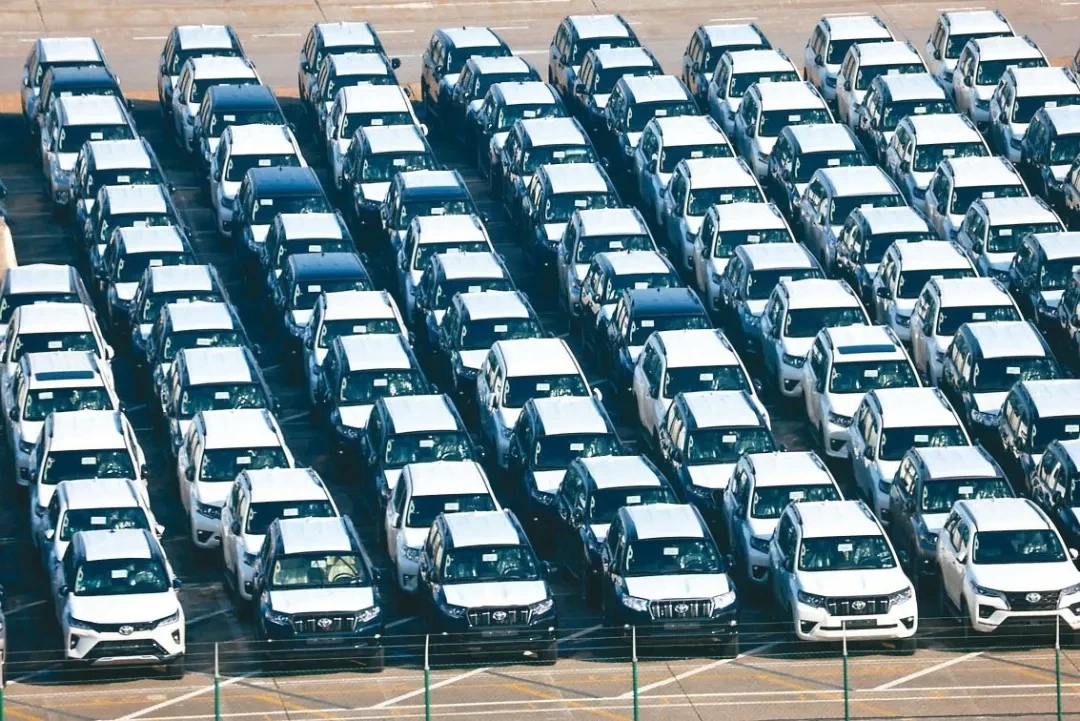
Sales slowdown. According to Bloomberg, European car sales fell in December for the first time in nearly 17 months as demand for electric vehicles slowed.
Data show that in March, the overall sales of electric vehicles in Europe fell by 11%. In major electric vehicle consumer countries such as Germany, Sweden, and Italy, the sales of electric vehicles fell by 30%.
At the same time, overproduction has caused some electric vehicles to pile up at logistics ports, and automobile factories have also begun to reduce production in response. Many European automakers have begun to reconsider the timing of phasing out internal combustion engines, and have announced goals to postpone their electrification transformation.
The electric vehicles stranded in European ports this time are also related to the trade barriers erected locally. Recently, the European Union launched a "countervailing investigation" on Chinese electric vehicles and plans to start customs registration of electric vehicles imported from China. Coincidentally, the United States has also stated that it will increase import tariffs on Chinese electric vehicles.
As Chinese car companies accelerate their overseas expansion, various restrictions imposed by European and American countries through trade protectionism will become a major challenge for electric car exports in the future.
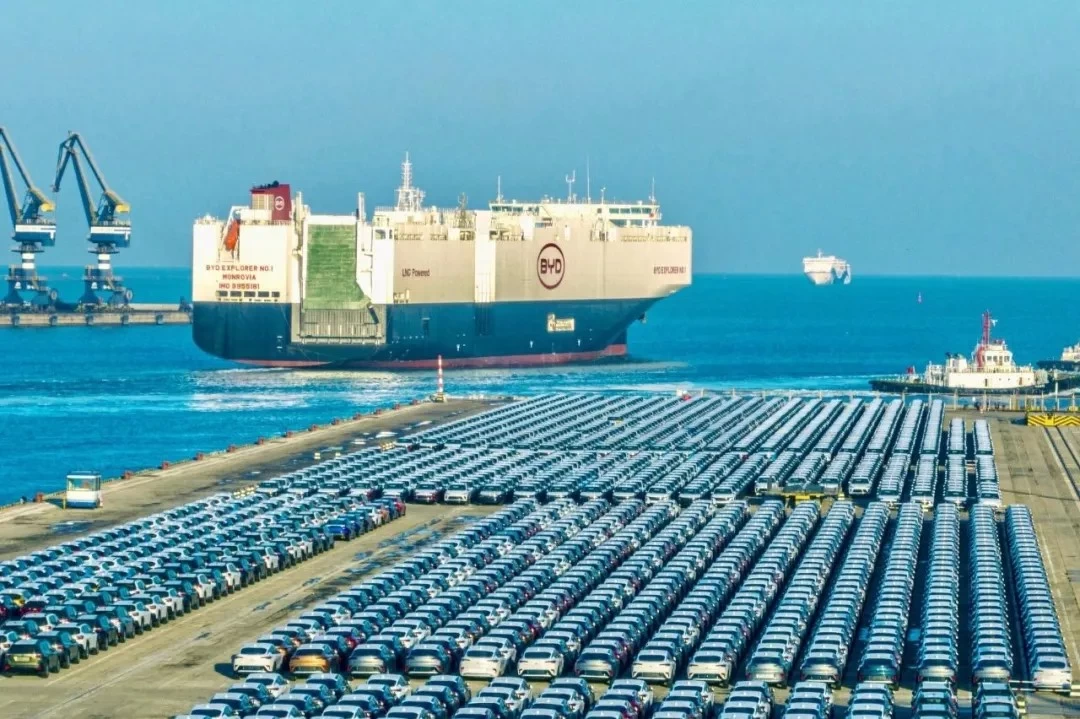
Logistics difficulties. Port and automotive industry executives said some car companies booked ship shipments but not subsequent shipments. In addition, a shortage of local drivers and equipment to transfer imported cars to trucks have made it generally difficult for automakers to book trucking.
Another person familiar with the matter said that the "lack of trucks" is a "very common problem" because many trucks have been "pre-ordered by Tesla." They added, "Any new brand faces this problem, if you don't have the scale, if you don't have regular trucking (orders), then you are not the biggest customer for the trucking group."
In response to the above situation, a car dealer in Hamburg, Germany, said in an interview that Europe's own insufficient transportation capacity and the impact of multiple strikes on German railways may lead to more imported cars being stored at ports.
Liang Huaixin, a researcher at the Institute of National Security and Governance at the University of International Business and Economics, said in an interview with the Global Times that European ports and supporting infrastructure such as railways, highways, and truck transportation are seriously lagging behind and have insufficient transportation capacity, which is the objective reason for the "piling up." This is also the key reason.
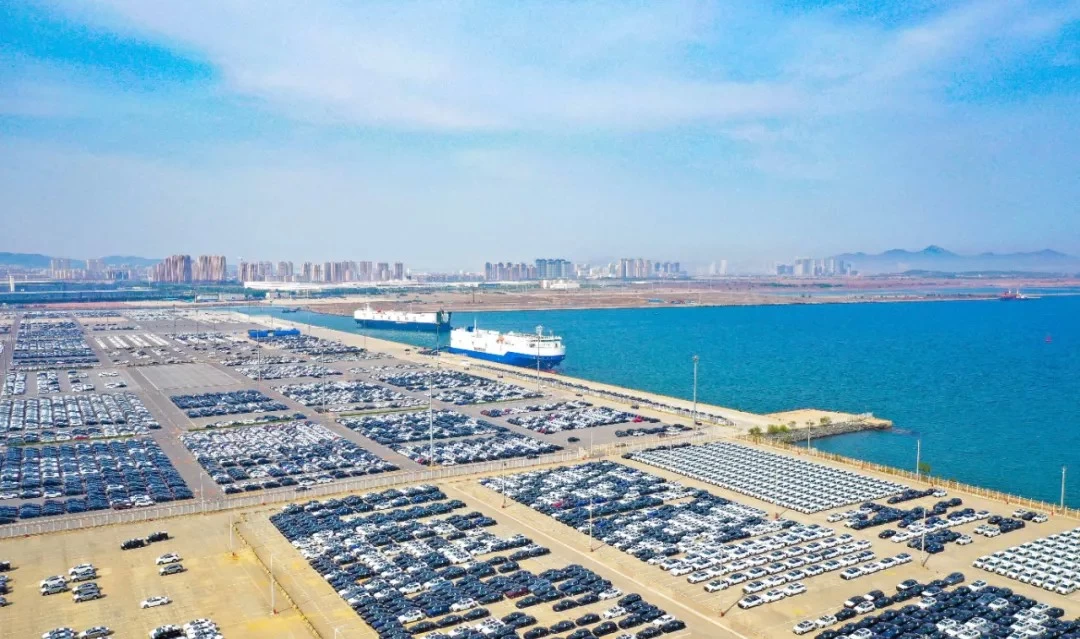
In addition, according to the Global Times, the "piling up" of imported cars at some ports is also related to the behavior of some local distributors.
"Global Times" reporters interviewed relevant persons in charge of several car companies. Some said that there would be cases of parking vehicles at the docks, but other car companies said that each car factory operates differently, but generally they will not park their vehicles at the docks for long periods of time. Some companies will build warehouses near the port.
Reporters at the Bremerhaven Port saw that the port was filled with cars of various brands, only some of which were Chinese brands. Most of these cars are parked in the open-air marina plaza, while some are stored in multi-storey car warehouses.
Local automobile logistics industry managers said in an interview with reporters that some of these cars will enter the German market, and some will be transported to Austria, the Czech Republic and other countries via trains and trucks.
Generally speaking, when a car arrives in Europe, it will be stored at the port after customs clearance, and then transported by truck to the dealer. Auto distributors now use port parking lots more as warehouses for imported cars rather than shipping them to dealers.
Zhang Xiang, director of the Vodafor Digital Automobile International Cooperation Research Center, told the Global Times reporter that Chinese cars are exported to Europe, and local distributors take over the goods after payment or partial payment, so it is equivalent to the distributor "hoarding" the cars in After entering the port, dealers also purchase goods from distributors.
Sunny Worldwide Logistics has been established for more than 25 years. It has purchased 1,800 square meters of Grade A office buildings in Shenzhen. It has its own warehousing and self-operated fleet in Shenzhen, which greatly meets the supporting needs of customers. Ocean freight has signed contracts with shipowners such as ZIM/EMC/OOCL/CMA, and air freight has signed contracts with airlines such as O3/MH/CZ. Within the company, there are about 65 senior employees. The company has established the "Sunny Business School" to continuously improve the comprehensive quality of employees. With this goal in mind, regular and uninterrupted training and sharing has created a group of logistics personnel with excellent comprehensive qualities.


